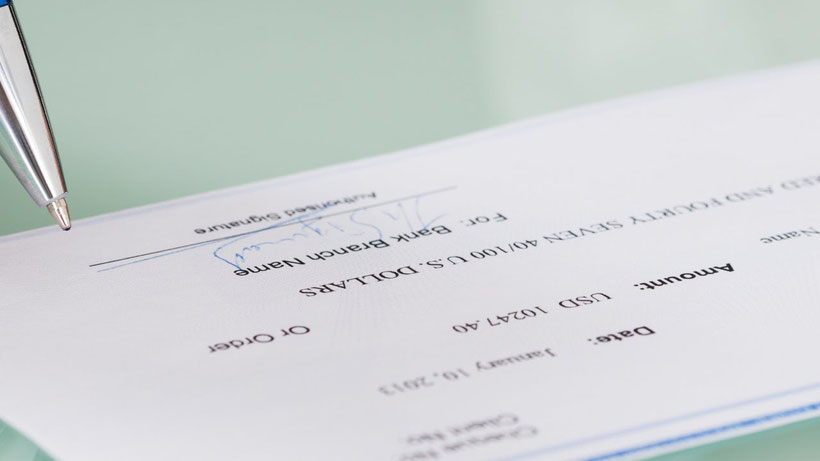Spousal Support in Italy
Spousal support (also alimony or maintenance) is the amount of money that one spouse may have to pay to the other one - who, if financially weaker, could not be able to support her/himself - following separation or divorce.
Spousal support in Italy is regulated by the Civil Code and by international regulations.
JURISDICTION
Jurisdiction lies with [1]:
- the Court of the Member State where the defendant and/or the creditor is habitually resident, or
- the Court which is competent for proceedings concerning the status of a person if the matter relating to maintenance is related to it unless that jurisdiction is based solely on the nationality of one of the parties;
or, if agreed between the spouses [2]:
- the Court of the Member State in which one of them is habitually resident or has the nationality or;
- the Court competent to settle the matrimonial dispute between them or the Court of the Member State of their last common residence for at least one year.
APPLICABLE LAW
Applicable law to maintenance obligations between spouse or ex-spouses is, under general rules [3]:
- the law of the State of the habitual residence of the creditor or
- in case of a change, the law of the State of the new habitual residence, from the moment when the change occurs,
unless [4]
- one of the parties objects and the law of the State in which both spouses had their last habitual place of residence, or the law of another State, has a closer connection with the marriage, and shall, therefore, be applied.

ITALIAN LAW
Measures concerning spousal support are taken within the context of procedures (both consensual and judicial) for legal separation, divorce, and any marriage dissolution.
ALIMONY In Italy
LEGAL SEPARATION
One spouse may have to pay alimony to the other one if the latter is weaker in economic terms.
If the separation is consensual, the parties can agree on the amount.
In case of contested separation, the Court will have to determine whether one spouse is entitled to maintenance, and in what amount, granting spousal support if:
- the applicant does not earn enough to maintain the same standard of living enjoyed during the marriage;
- the weaker spouse cannot make a living due to objective reasons;
- the separation has not been charged based on the fault of the applicant;
- the difference in incomes between the parties is proved.
DIVORCE
As for divorce, some changes to the regulation in force have been presented to Parliament for approval.
At the moment, in the judicial divorce, the Court will have to determine whether one spouse is entitled to alimony, and in what amount. To rate the adequacy of the assets of the applicant, the Court will have to find a satisfying compromise between the two principles of the previous standard of living and the self-sufficiency of the applicant, taking into account several elements:
- the financial situation of the parties;
- the reasons for the end of the marriage;
- the contribution of each party to the family's needs and assets;
- the duration of the marriage.
If the divorce is by mutual consent, the parties can agree on the amount of alimony.
Alimony can be paid periodically or in a lump sum.
[1] according to Council Regulation no. 4/2009, art. 3;
[2] Council Regulation no. 4/2009, art. 4;
[3] Hague Convention, november 23, 2007, art. 3;
[3] Hague Convention, november 23, 2007, art. 5.

